News
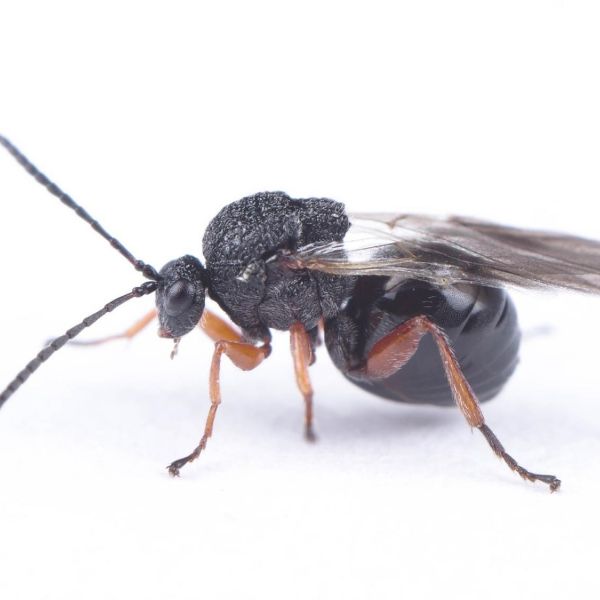
Mar 02, 2023
Wasps harness power of pitcher plants in first-ever observed defense strategy
As the saying goes, “When life gives you lemons, turn that tartness into little translucent balls in which to grow your young.”
Full Article
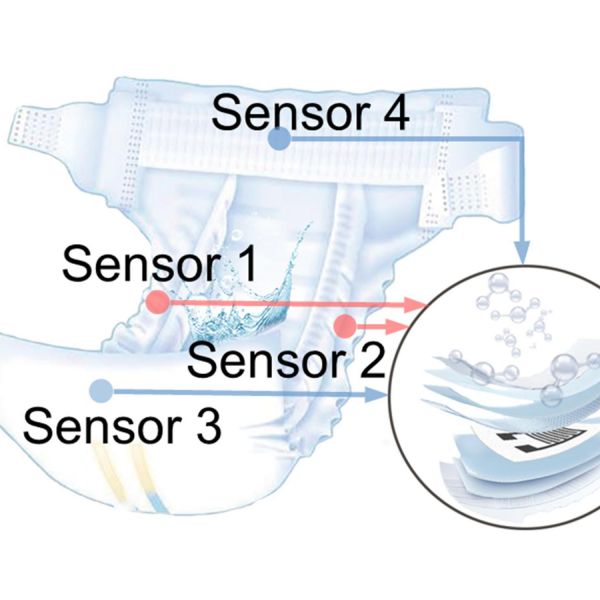
Feb 02, 2023
New sensor enables 'smart diapers,' range of other health monitors
Waaahhh! While babies have a natural mechanism for alerting their parents that they need a diaper change, a new sensor developed by researchers at Penn State could help workers in daycares, hospitals and other settings provide more immediate care to their charges.
Full Article
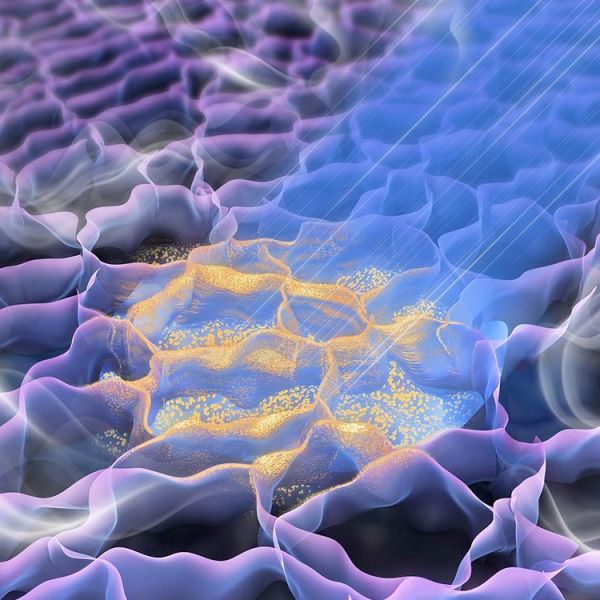
Jan 20, 2023
In-place manufacturing method improves gas sensor capabilities, production time
When used as wearable medical devices, stretchy, flexible gas sensors can identify health conditions or issues by detecting oxygen or carbon dioxide levels in the breath or sweat.
Full Article

Jun 30, 2022
Jared Ali named director of the Penn State Center for Chemical Ecology
Jared Ali, Dorothy Foehr Huck and J. Lloyd Huck Chair of Chemical Ecology and associate professor of entomology in the College of Agricultural Sciences, has been named director of the Penn State Center for Chemical Ecology (CCE).
Full Article
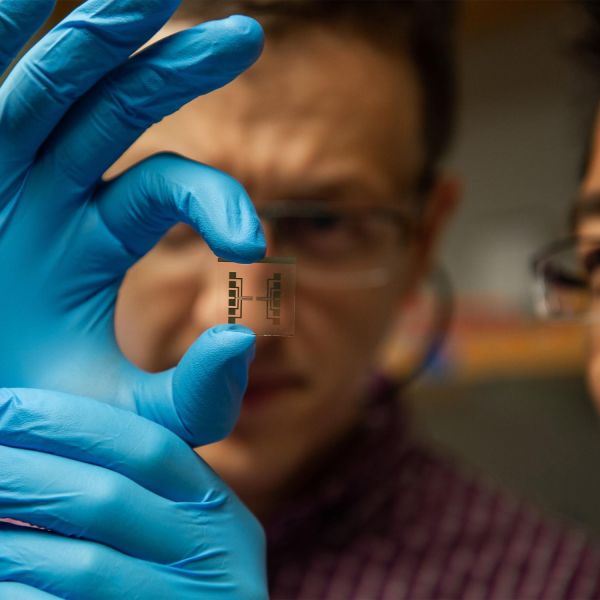
Jul 29, 2022
Laser writing may enable ‘electronic nose’ for multi-gas sensor
Environmental sensors are a step closer to simultaneously sniffing out multiple gases that could indicate disease or pollution, thanks to a Penn State collaboration. Huanyu “Larry” Cheng, assistant professor of engineering science and mechanics in the College of Engineering, and Lauren Zarzar, assistant professor of chemistry in Eberly College of Science, and their teams combined laser writing and responsive sensor technologies to fabricate the first highly customizable microscale gas sensing devices.
Full Article

Jun 27, 2022
Jared Ali named Huck Chair of Chemical Ecology
Jared Ali, associate professor of entomology in Penn State's College of Agricultural Sciences, has been named the Dorothy Foehr Huck and J. Lloyd Huck Chair of Chemical Ecology by the University’s Huck Institutes of the Life Sciences.
Full Article
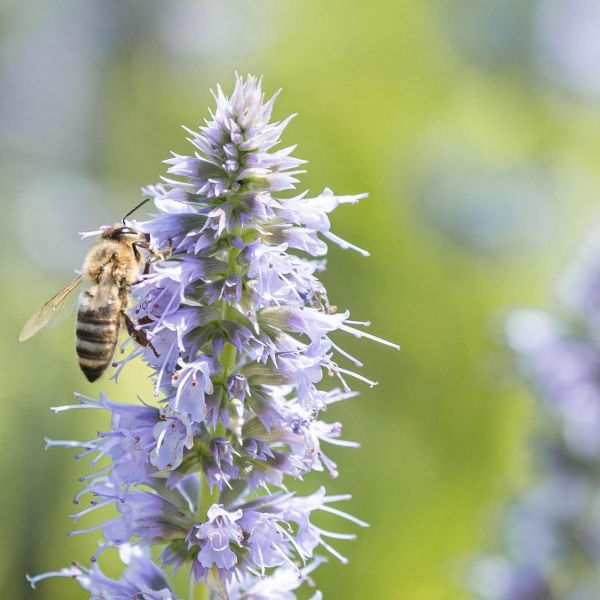
Jun 02, 2022
Managing habitat for flowering plants may mitigate climate effects on bee health
Warm, wet weather conditions and changing climate negatively influence the nectar intake and nutritional health of honey bees, but maintaining large tracts of grassy natural habitat with flowering plants around apiaries may help to mitigate the detrimental effects of climate, according to a new study by an international team of researchers.
Full Article
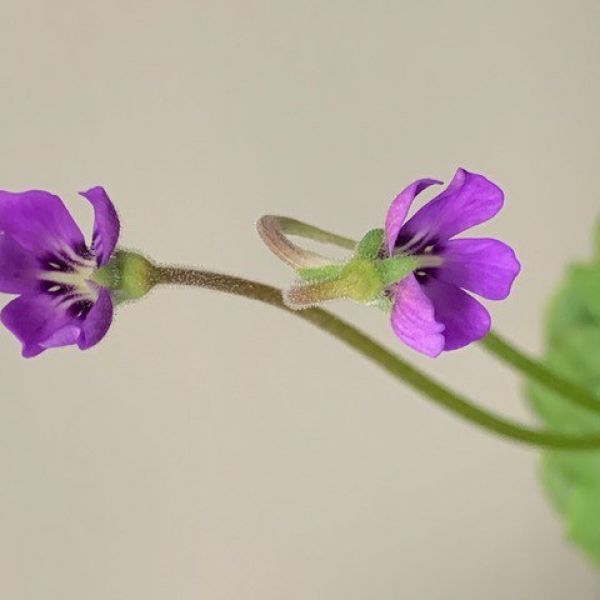
Apr 22, 2021
Little crop of horrors
An international team of researchers has received a grant from the Human Frontier Science Program to investigate how carnivory-related genes, such as those involved in digestion, could help crops not only avoid pests, but also thrive in low-nutrient environments.
Full Article
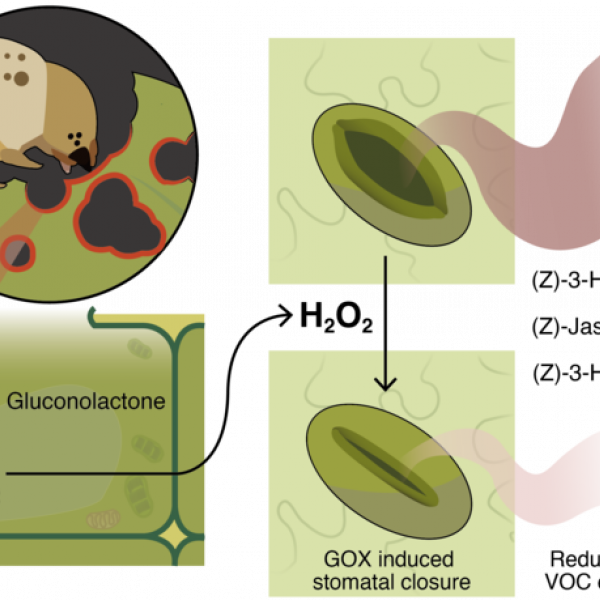
Feb 18, 2021
Silencing the alarm
An enzyme in the saliva of certain insects prevents their food plants from warning neighboring plants of an attack.
Full Article
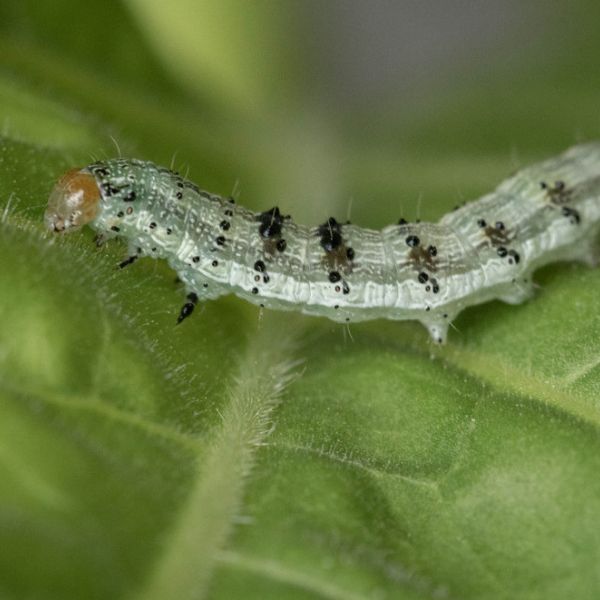
Jul 24, 2019
Plants defend against insects by inducing 'leaky gut syndrome'
Plants may induce "leaky gut syndrome" — permeability of the gut lining — in insects as part of a multipronged strategy for protecting themselves from being eaten, according to researchers at Penn State.
Full Article